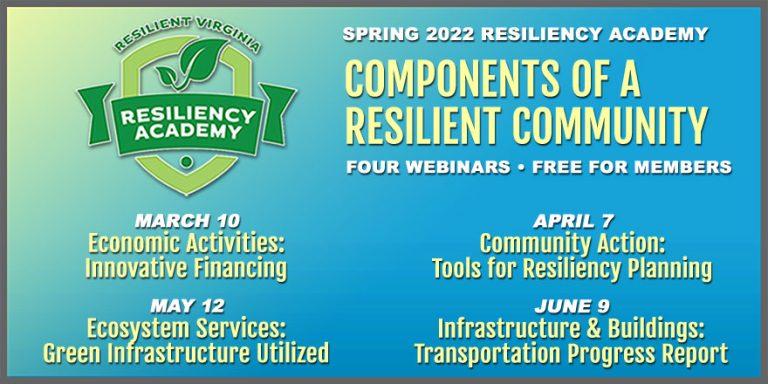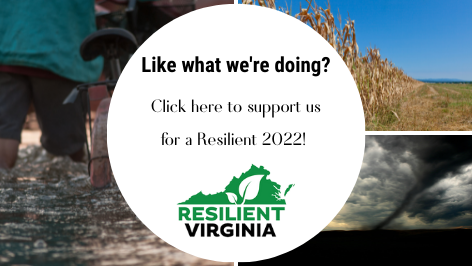March 17, 2022
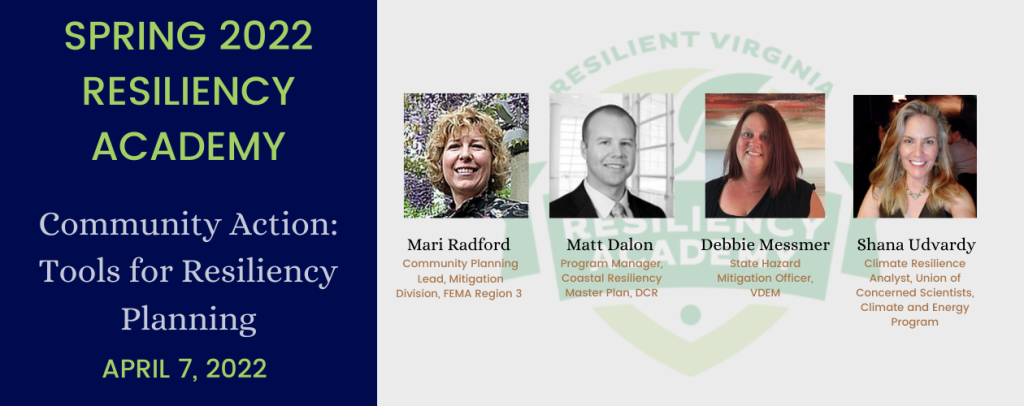
Resiliency planning can be a cumbersome and costly process for communities. For Session 2 of our Spring 2022 Resiliency Academy, we will be discussing tools that communities can use to aid in this necessary planning process.
We are pleased to announce that we have lined up 4 expert speakers for this session who will share a wealth of resources and knowledge to help communities plan for a resilient future.
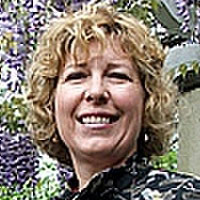
Mari Radford
Mari Radford is the Community Planning Lead for the Federal Emergency Management Agency’s (FEMA) Region 3 office. Mari and her team provide mitigation planning support to the six states and communities that make up Region 3; DC, DE, WV, MD, PA, and VA as required under the Stafford Act. In addition to planning she provides plan reviews and technical assistance, conducts training, and disaster response. She is a member of the Virginia Silver Jackets team.
Previously, she worked with the National Flood Insurance Program as a Planning Specialist and the US Department of State as a Community Liaison Officer.
Mari holds a M.S. degree in Community and Regional Planning from Temple University, and a B.A. degree in History from Willamette University.
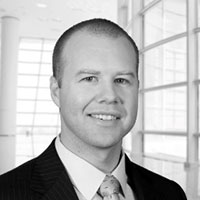
Matt Dalon is the Program Manager for the Virginia Coastal Resilience Master Plan for the Department of Conservation and Recreation. Matt joined DCR in 2021 after 14 years of waterfront engineering and consulting in the private sector to manage the Virginia Coastal Resilience Master Plan contract that was led by Rear Admiral Ann Phillips (USN, Ret.), former Special Assistant to the Governor for Coastal Adaptation and Protection (SACAP).
Matt is a Professional Engineer, Certified Floodplain Manager, and has degrees in Civil Engineering from Lehigh University and Ocean and Coastal Engineering from Oregon State University.
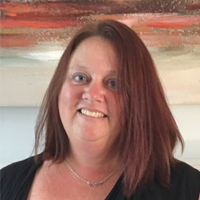
Debbie Messmer has worked for the Virginia Department of Emergency Management for 17 years as a Grants Administrator/Project Coordinator, and now as the State Hazard Mitigation Officer. She has managed over $100 million in mitigation grants across the Commonwealth ranging from acquisition and elevation of private residential properties to large-scale stormwater management projects to small educational opportunities. She is currently serving in the role of Earthquake Program Manager for the Commonwealth.
Prior to her time with VDEM, she worked for the North Carolina Division of Emergency Management managing over $80 million in mitigation grants through Hurricane Fran and Hurricane Floyd.
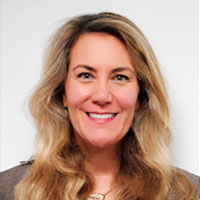
Shana Udvardy is a climate resilience analyst with the Climate & Energy program at the Union of Concerned Scientists. She conducts research and policy analysis to help inform and build support to increase resilience to climate change impacts. Prior to joining UCS, Ms. Udvardy provided consulting services on climate adaptation and flood risk management policy. She was also the climate adaptation policy analyst at the Center for Clean Air Policy, director of flood management policy for American Rivers, and water program manager at the Georgia Conservancy. Ms. Udvardy also worked at the Smithsonian Institution’s Monitoring and Assessment of Biodiversity Program and was a Peace Corps volunteer in Nicaragua.
Ms. Udvardy is a Certified Floodplain Manager, and holds a M.S. in Conservation Ecology and Sustainable Development from the University of Georgia’s Odum School of Ecology and a B.A. from Syracuse University’s Maxwell School.
Ms. Udvardy is frequently called upon to speak on climate adaptation and flood risk management, including two State Department speaking tours in Bangkok and Manila in 2014 and Cambodia, Vietnam, and Laos in 2012.
Thank you to our Spring 2022 Resiliency Academy Sponsor:
Learn More:
For the Spring 2022 Resiliency Academy we are focusing on on the Components of a Resilient Community, covering Economic Activities, Community Action, Ecosystem Services, and Infrastructure and Buildings. Multiple expert speakers will join us for each session and information on the results of the 2022 Virginia Assembly and on new Federal programs will be presented.


